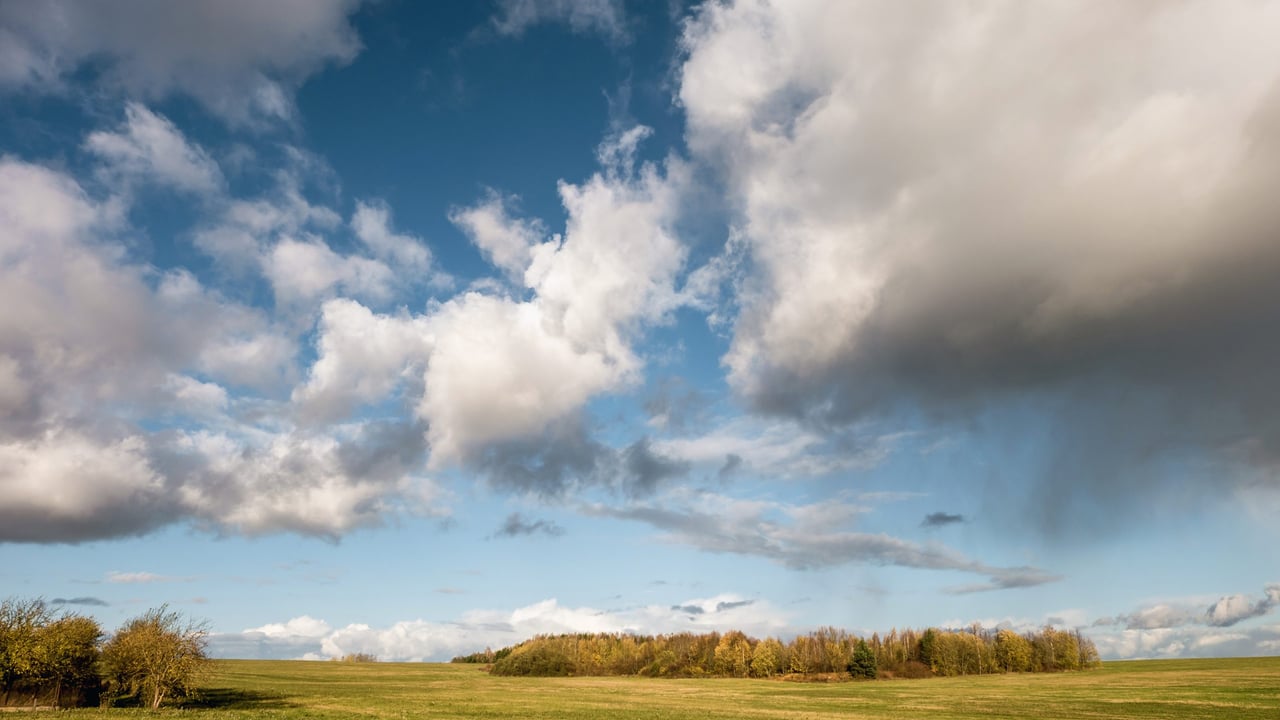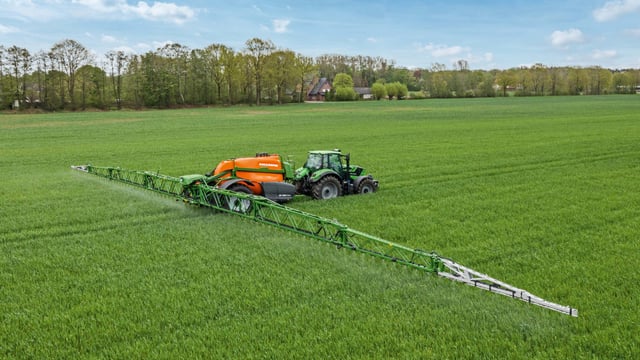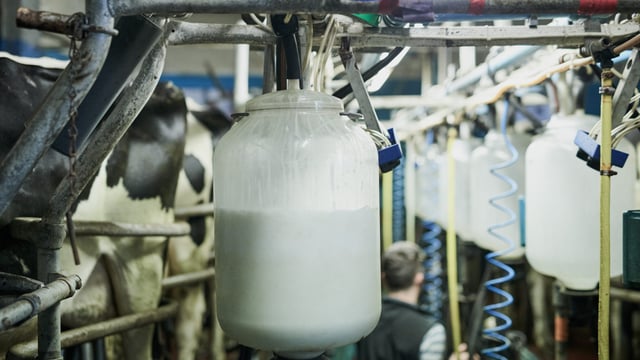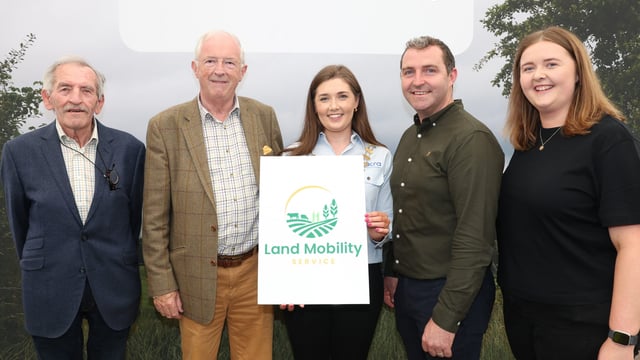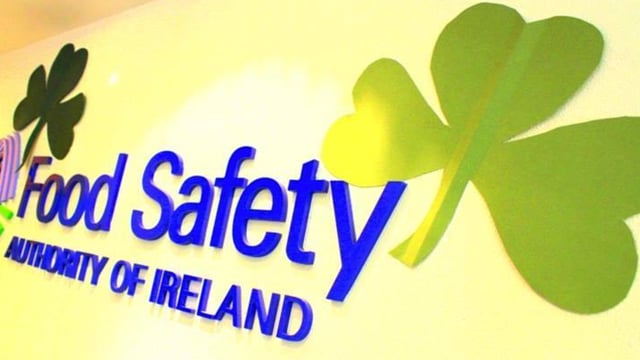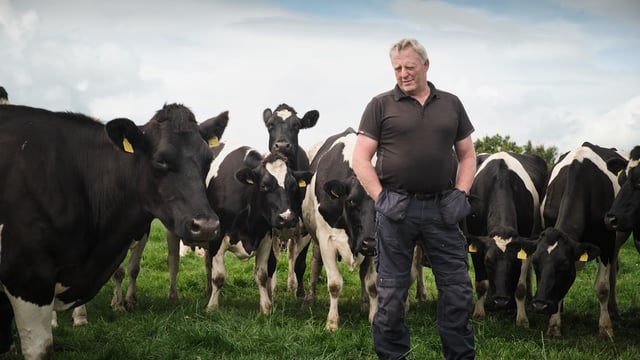Scientists warn of dangers of 'new approach' to setting climate targets
A new study led by University of Galway has found that proposed Irish climate targets "protect methane emission privileges at the expense of poorer nations' development".
The transition to a sustainable and equitable food system is "being undermined by a new approach to climate target setting" by livestock-exporting countries such as Ireland and New Zealand, the international study by climate scientists has warned.
The study, led by University of Galway in partnership with the University of Melbourne, University College Cork and Climate Resource, has been published in the journal Environmental Research Letters.
The scientists have called out the new “temperature neutrality”, also known as "no additional warming", which allows Ireland to maintain a high share of global agricultural methane emissions while claiming to meet its climate targets.
This approach "dramatically reduces the level of ambition needed for overall greenhouse gas emission reduction", according to the research.
The resulting targets have been proposed to the Irish government by the Climate Change Advisory Council, in part to reduce potential disruption from Ireland’s legal commitment to achieve national climate neutrality by 2050, the scientists said.
Methane emissions
Temperature neutrality is a concept based on stabilising a country’s contribution to global warming, rather than aiming for the more ambitious, established target of net-zero greenhouse gas emissions, the scientists said.
In effect, temperature neutrality requires modest reductions in methane emissions from high-emitting countries, denying methane emission “rights” to countries with low methane emissions.
"As methane emissions are strongly linked with agricultural production, widespread adoption of temperature neutrality would lock-in current inequalities in the global food system, by reducing the need to curtail or offset methane emissions in current livestock-exporting countries such as Ireland," according to the study.
The study shows that such exports "overwhelmingly go to other wealthy, food-secure countries".
"Meanwhile, temperature neutrality severely restricts the development space for agriculture in low-income, food-insecure countries where livestock products are most needed to improve nutrition," according to the research.
"Furthermore, the temperature neutrality approach underestimates the level of emissions offsetting required in livestock-exporting countries, delaying the development of new markets for farmers in those countries to deliver solutions to the climate and biodiversity crises."
Status quo
Lead scientist, Dr. Colm Duffy, honorary lecturer in agri-sustainability, School of Biological and Chemical Sciences and Ryan Institute, University of Galway, said that if every country adopted a temperature neutrality target, "we’d seriously jeopardise the Paris Agreement’s goal of limiting warming to 1.5°C, or even 2°C".
“Worse still, this approach doesn’t just weaken climate ambition, it entrenches inequality," he said.
"It protects the status quo for wealthy countries while placing an unfair burden on poorer, food-insecure countries, limiting their ability to grow their own food systems.”
The international research team ran a number of scenarios to assess the impact of the policy - which has also been proposed in New Zealand - on global mean temperatures.
Apart from “business as usual”, the temperature neutrality approach performed the worst in terms of global warming emissions, the research found.
By 2050, Ireland’s per capita methane emissions would remain almost six times the global average.
Long-term climate targets
Dr. Duffy added: “The science shows that the new policy essentially grandfathers methane emissions - meaning a country’s future share of warming is based not on equity or ambition, but on historical share of emissions."
Hannah Daly, professor in sustainable energy at University College Cork, said that for a country like Ireland with outsized methane emissions, "to base our long-term climate target on simply stabilising warming is inadequate to meet our global obligations and sets a dangerous precedent".
David Styles, associate professor in agri-sustainability, School of Biological and Chemical Sciences and Ryan Institute, University of Galway, said: “Ireland’s agricultural sector has huge potential to contribute towards a future climate-neutral and biodiverse economy, but this requires big changes over time.
"Establishing a robust and internationally defendable climate target is vital to plan for a just transition, not just internationally, but for Ireland’s farmers.
"Temperature neutrality falls short.”

